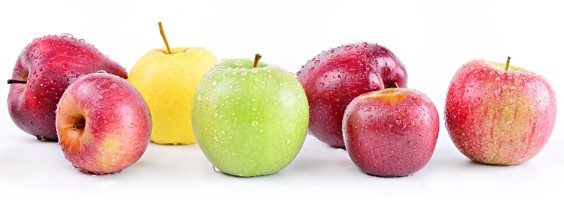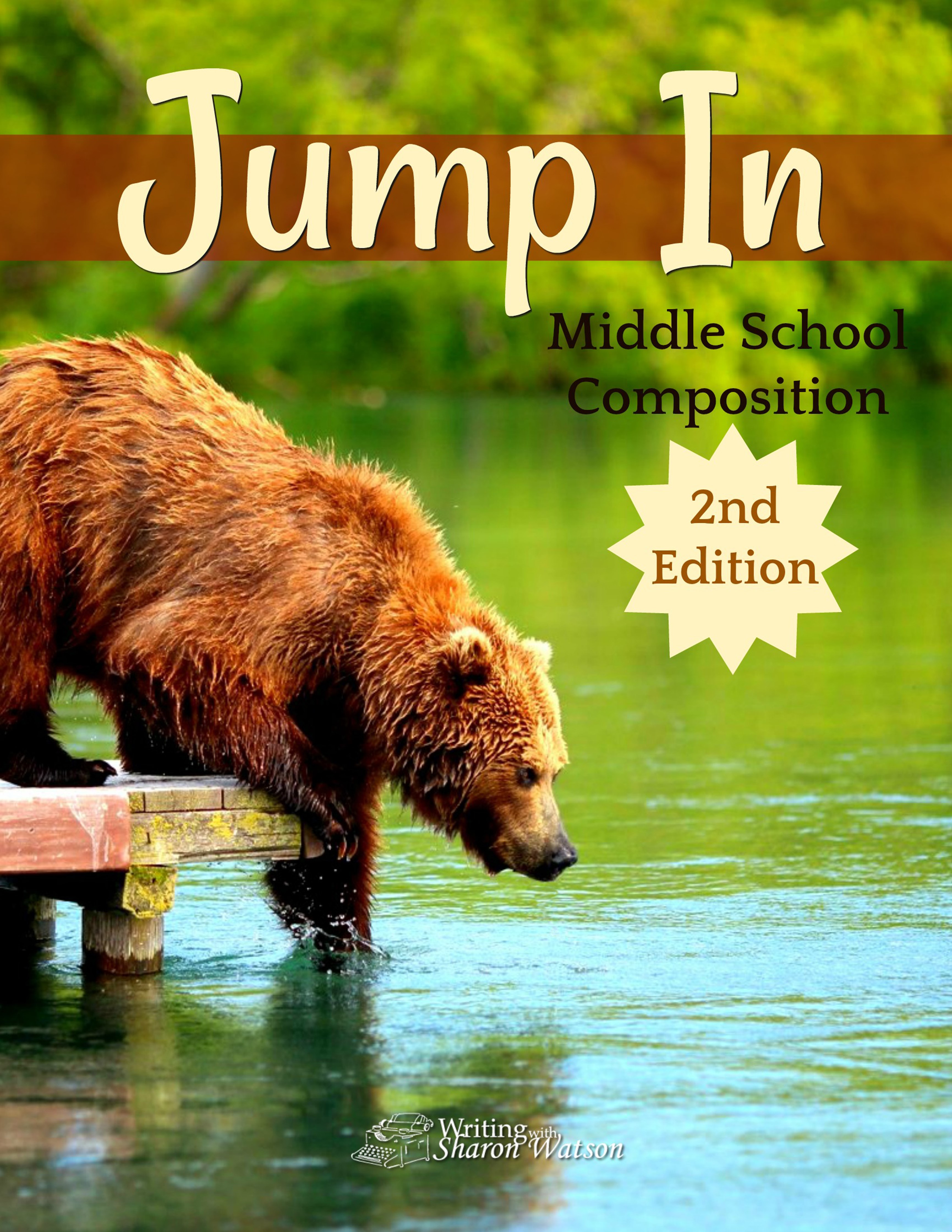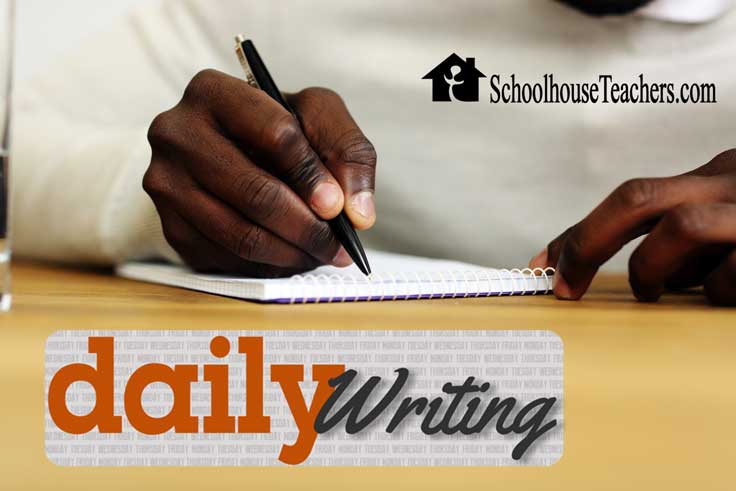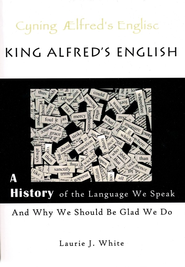Description | Exposition | Narration | Opinion | Persuasion | All
 Give your middle school students something intriguing to write about, whether they are reluctant, eager, or somewhere inbetween.
Give your middle school students something intriguing to write about, whether they are reluctant, eager, or somewhere inbetween.
Free printables for how to create a paragraph, free tutorials on proofreading or in-text citations, current events, asking what they would read to a dog {and other important opinions}, story writing, and much more—you’ll find it all here.
Looking for engaging prompts for your teens? You’ll find those here. >>
Interested in writing prompts for the whole family? Could you use an assortment of prompts bundled together for certain topics or for varying grade levels? Free tutorials and printables included. Find them all here. >>
Thanks for visiting the Middle School Prompts page. If you have a prompt you would like to submit, please contact Sharon Watson.
Fun with Outlines. No, Really.
Could your students use a little help creating outlines? And what does a bowl of salad have to do with outlines?
My husband tells me he always made his outlines after he’d seen what he had written. I imagine this is fairly common.
But is an outline necessary? Not exactly. You can read about my sticky-note method here.
What is important, though, is organizing the material, and that is where students have trouble. They do not want to take the time to organize their thoughts, ideas, or material before they write.
Personally, I benefit from even a casual outline. That way, I don’t have to start with the introduction and work my way down to the conclusion; I have the pleasure of beginning wherever I like, where I feel the most comfortable. Then I can fill in the rest of my article later by using the organized points in my informal outline.
Whether your students use sticky notes or a more formal outline, they’ll benefit from these familiar outline ideas. (more…)
Conversation Starters
SHARON’S BLOG
Do your students ever have a hard time knowing what to say to people? Is small talk difficult? Is it easier for them to turn to an electronic device than to a real person?
Join us this week as we explore conversation starters, small talk, and communication.
Great for students in grades 5-12.
To print these prompts, click the Print icon at the bottom of this page.
7 Prompts on Wisdom
SHARON’S BLOG
Let’s use a quote from Confucius and a passage from Proverbs to get your students thinking about wisdom.
In this bundle of writing prompts centered around wisdom, your students will encounter these types of writing: opinion, personification, parallel construction, definition, and more.
These prompts are just right for students in grades 5 – 12.
So, what did Confucius have to say about wisdom? And do your students agree with him? (more…)
By the Beach
SHARON’S BLOG
Is it too early to dream about the beach? I think not!
This week’s fun prompts are beach themed and are great for your 5th – 12th graders.
The first set of prompts is from a recent news article that caught my imagination, and the second is from a goofy song by Phil Harris recorded in 1950. Well, maybe it wasn’t so goofy. It became so popular that it hit #1 on the Billboard charts soon after he released it.
Ready? Dive in! (more…)
Saint Patrick’s Day Prompts
SHARON’S BLOG
Saint Patrick’s Day is a great time to encourage the thinking process in your students, and these two prompts are here to help.
Younger students will enjoy the categorizing and attention to words in this prompt. A free printable is included.
Older students will read of two examples and then use something concrete to explain a spiritual truth, just as Saint Patrick did. Find this thought-provoking prompt for 7th – 12th graders here. >>

Yours for more vibrant writing and literature experiences,

For the Love of Narnia and Middle Earth
SHARON’S BLOG
Narnia and Middle Earth—what delightfully intriguing places to visit!
Enjoy this compilation of activities involving C. S. Lewis’s Narnia and J. R. R. Tolkien’s Middle Earth.
Suitable for anyone who is old enough to read The Lion, the Witch, and the Wardrobe, other Narnia tales, The Hobbit, or The Lord of the Rings.
Your students haven’t read those books? No problem. Many of the prompts and tutorials below are freestanding and don’t need the original books.
Ready? Put on your magic rings! (more…)
Olympic Fun
SHARON’S BLOG
Involve your students in the excitement and issues surrounding the Winter Olympics with these six fun prompts and two bonus ones.
What would the Olympics look like in the Middle Ages? In Ancient Roman times? What new sporting event will your students cook up? Should countries and their athletes be banned? And what kind of music could athletes compete to or be inspired by?
Don’t miss the extra links to more sporting fun at the bottom of this post!
Designed for grades 5-12.
Ready? (more…)

















